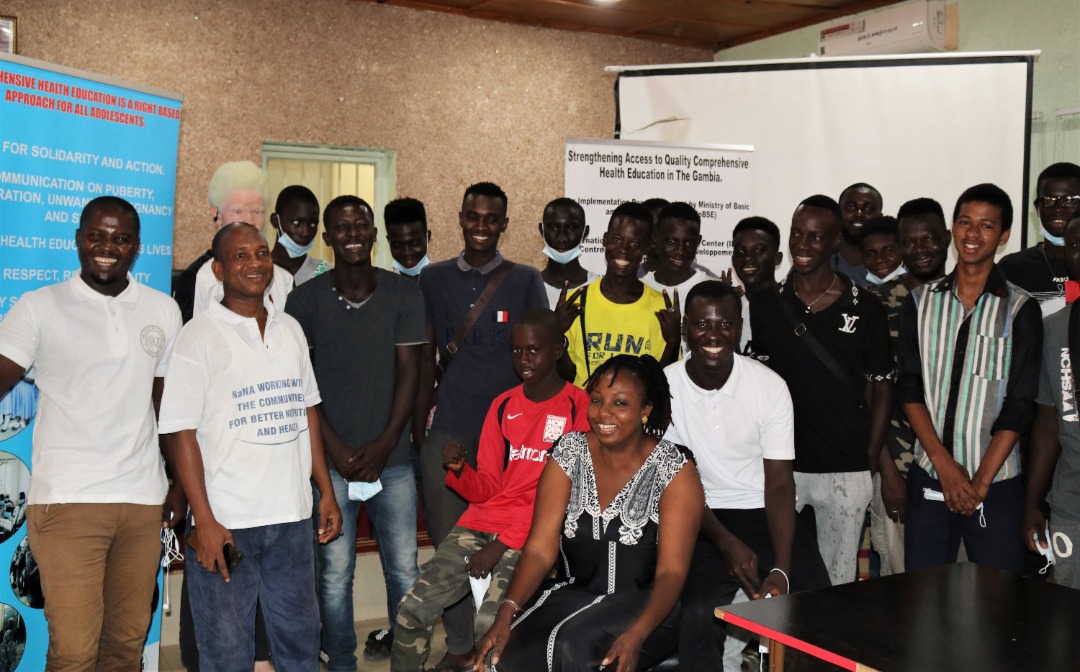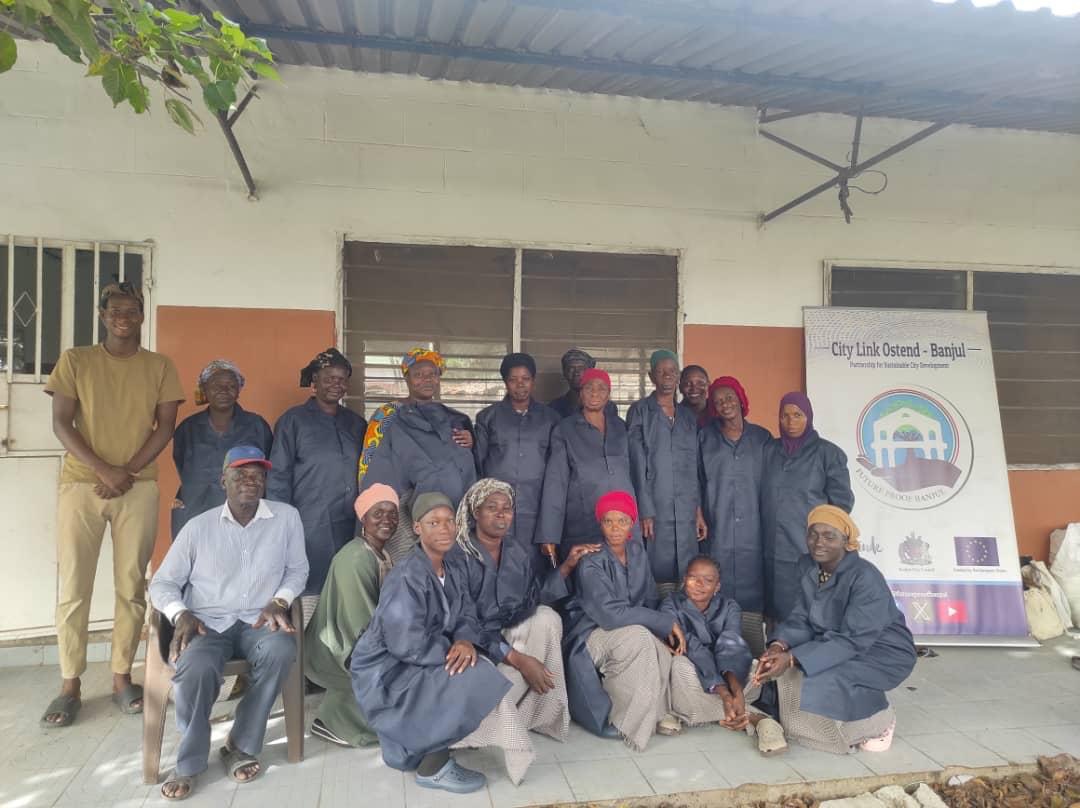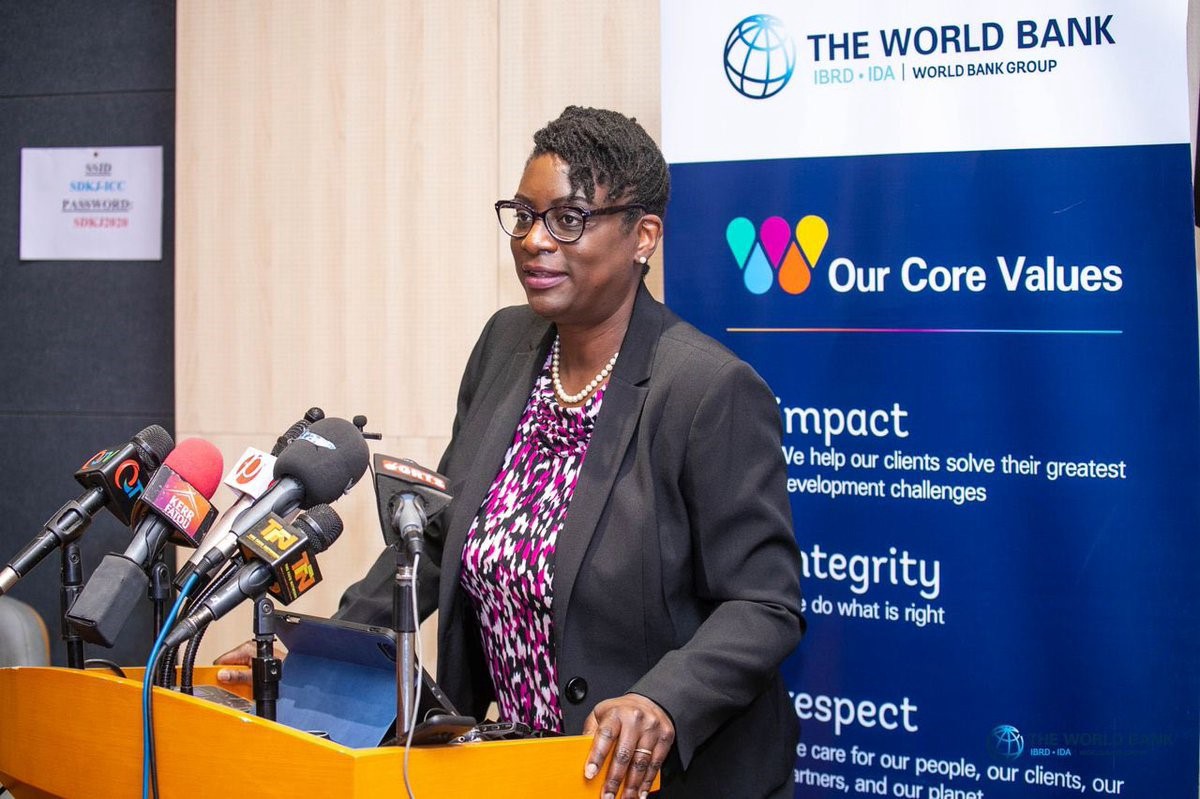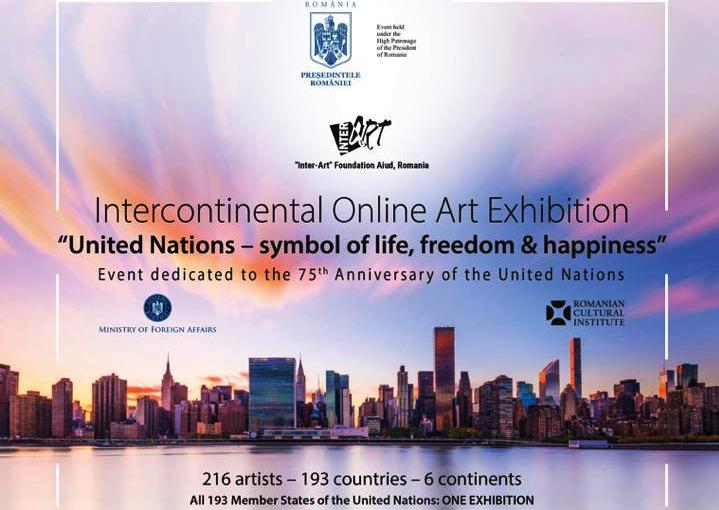By Yunus S Saliu
Ward Councilors in Kanifing Municipal Council (KMC) have recognized the significant role Comprehensive Health Education (CHE) can play in the overall lives of in and out-of-school children not only in the municipality but across the country.
Some of the Councilors who had spoken to this medium during a Comprehensive Health Education training for out of school adolescents children (boys and girls), Councilors, Alkalos, women, representative of religious leaders among others affirmed that CHE has significant roles to play in the school and on decision makers.
The training was centered on social beahaviour and communication change towards adolescents sexual and reproductive health matters.
Councilor Peter Mendy of Kololi Ward said the training has a lot of significance and “we the councilors have a very important role to play because we represent our people.”
He noted that of recent, sexually transmitted diseases is too but through Strengthening Access to Quality Comprehensive Health Education project, “we are now learning things that we didn’t know in the past as regarding sexuality and reproductive health. And if we go back to our wards we will be able to work with our WDC to see how we can sensitize both in and out of school children more.”
Councilor Mendy disclosed that In The Gambia, in most cases, culture and tradition curtailed many things as some got scared of discussing some issues with children “but with the functioning of this program and trainings from this project, we are empowered as we are trained in a way to approach and talk to kids at home as regarding health education.”
He bemoaned on how the young girls are getting pregnant now which he said it is as a result of lack of sexuality and reproductive health education but all in the name of “culture forbid saying this or this is not part of our tradition to discuss such with our children!”
Sanjally Kanyi, responsible for culture and religious affairs in KMC said the most difficult issue is that parents have created barriers between themselves and their kids when it comes to sexuality and reproductive health “because many parents doesn’t chat with their kids about that.”
He added that the moment a child start a topic related to SRH with any of the parents, the response is always “go to your dad if it is the mother, while dad also will say go to your mum.”
He therefore advised parents, father especially, to always stop cutting off the discussion as it is very essential in life of their children.
However, this project “has impacted my life because it allows me to have good conversations with my kids, both male and female of them and especially when I notice anything on the male children I always call the attention of doctors,” Sanjally disclosed.
Again, he reflected on the training saying the illustrations and pictures shown during the training by the trainers revealed some sexually transmitted diseases which some people are keeping all in the name of shyness, culture and tradition, “I therefore encouraged all religious leaders to preach about this issue as reproductive health has nothing to do with religion, tradition and culture.”
Banna Jatta who had represented the Alkalo of Latrikunda Sabiji dilated on the importance of the project right from the inception.
She noted that since the project kick-start a lot things have been changed compared to previous but still want the continuity hence there are more areas to touch.
Councilor Sulayman Jammeh of Bundung Ward on behalf of the Mayor of Kanifing Municipal Councils said sexuality and reproductive health education is one thing that is lacking in the society.
According to him, such education cannot only achieve in school as it has to start from home “meaning parents should discuss with their children especially those at the range of 15 years and so on. Thus research has shown that most of those kids are the affected ones.”
However, Strengthening Access to Quality Comprehensive Health Education in The Gambia is an implementation research project conducted by Ministry of Basic and Secondary Education funded by International Development Research Center (IDRC), Canada.





